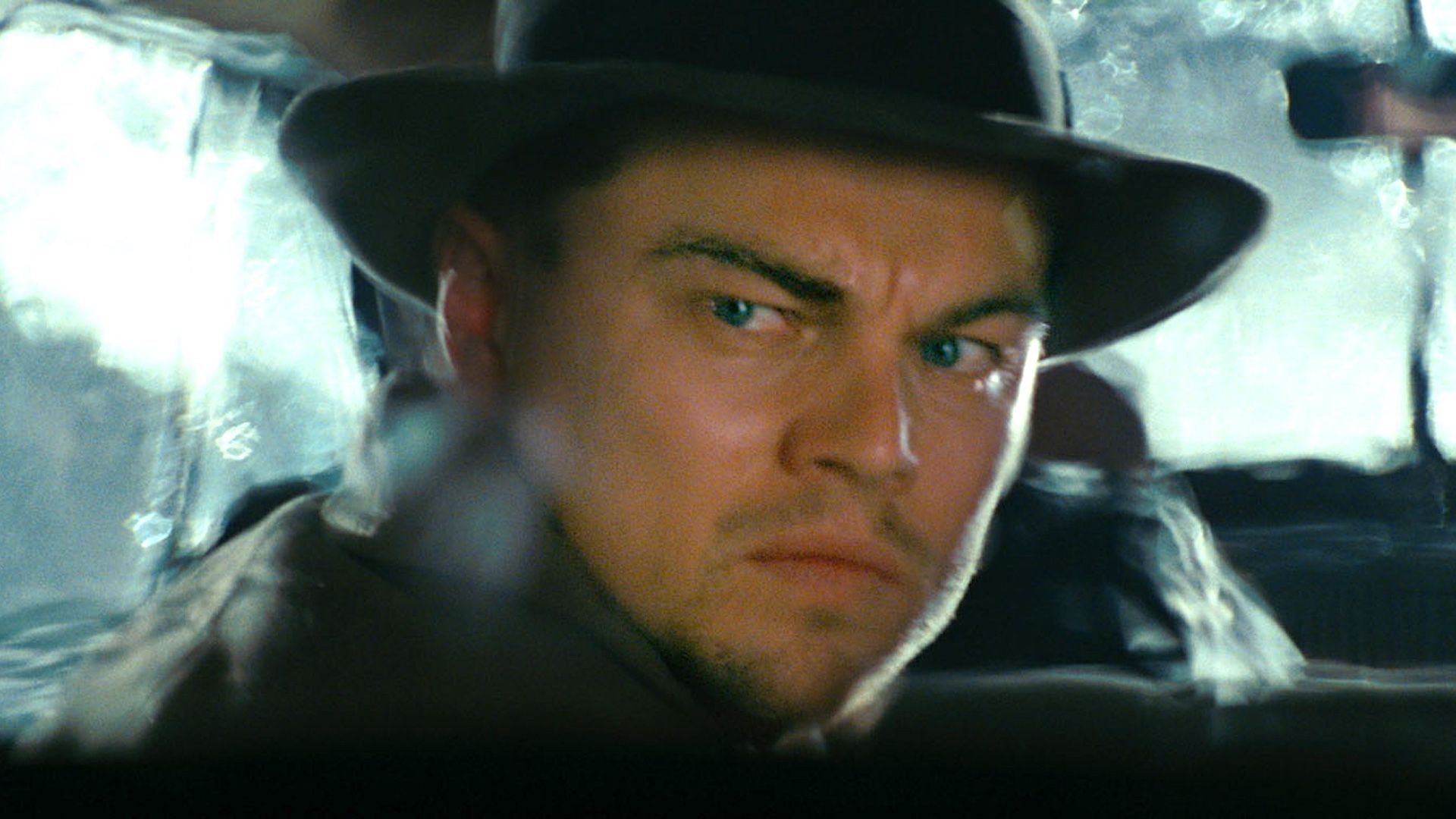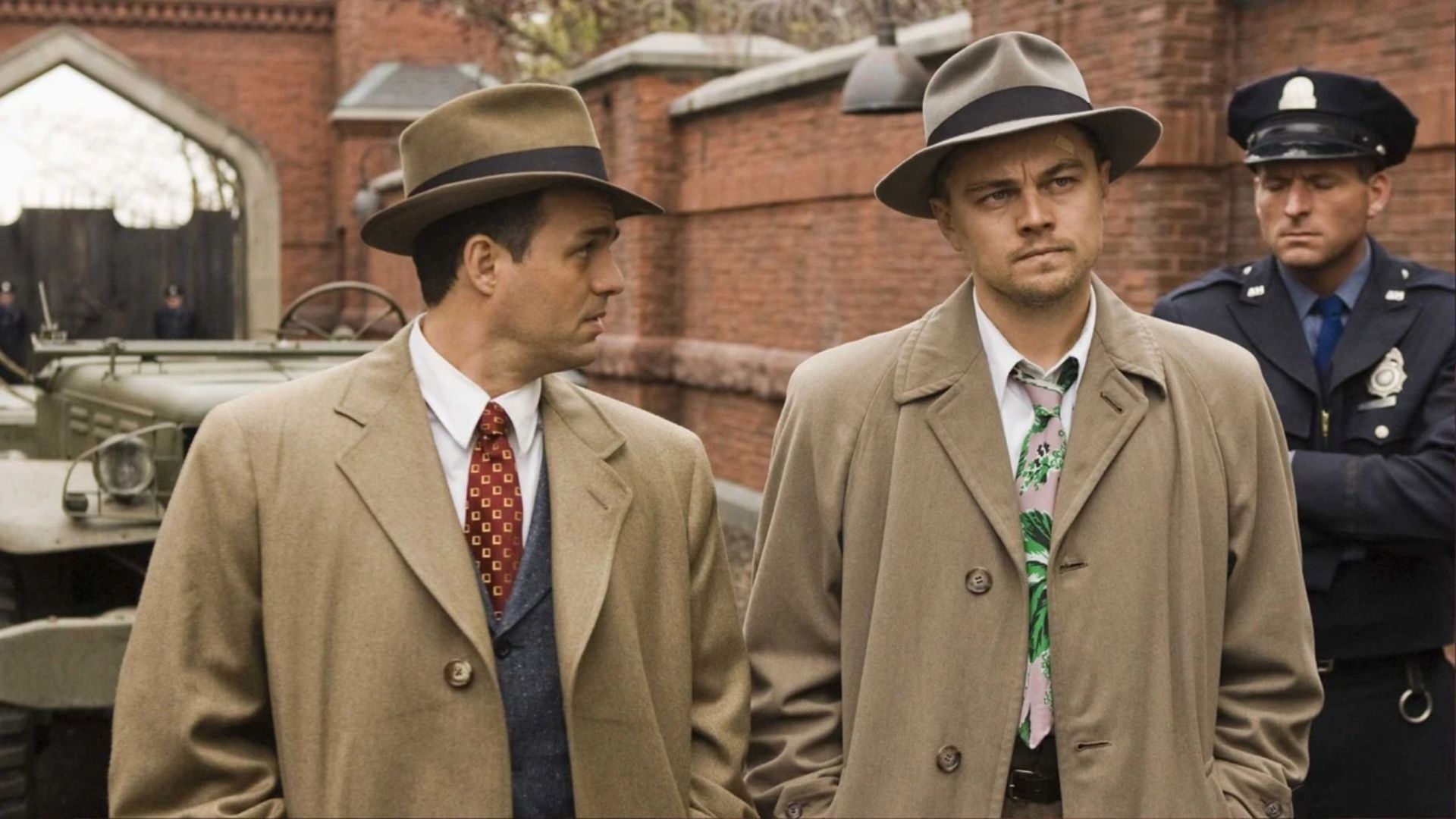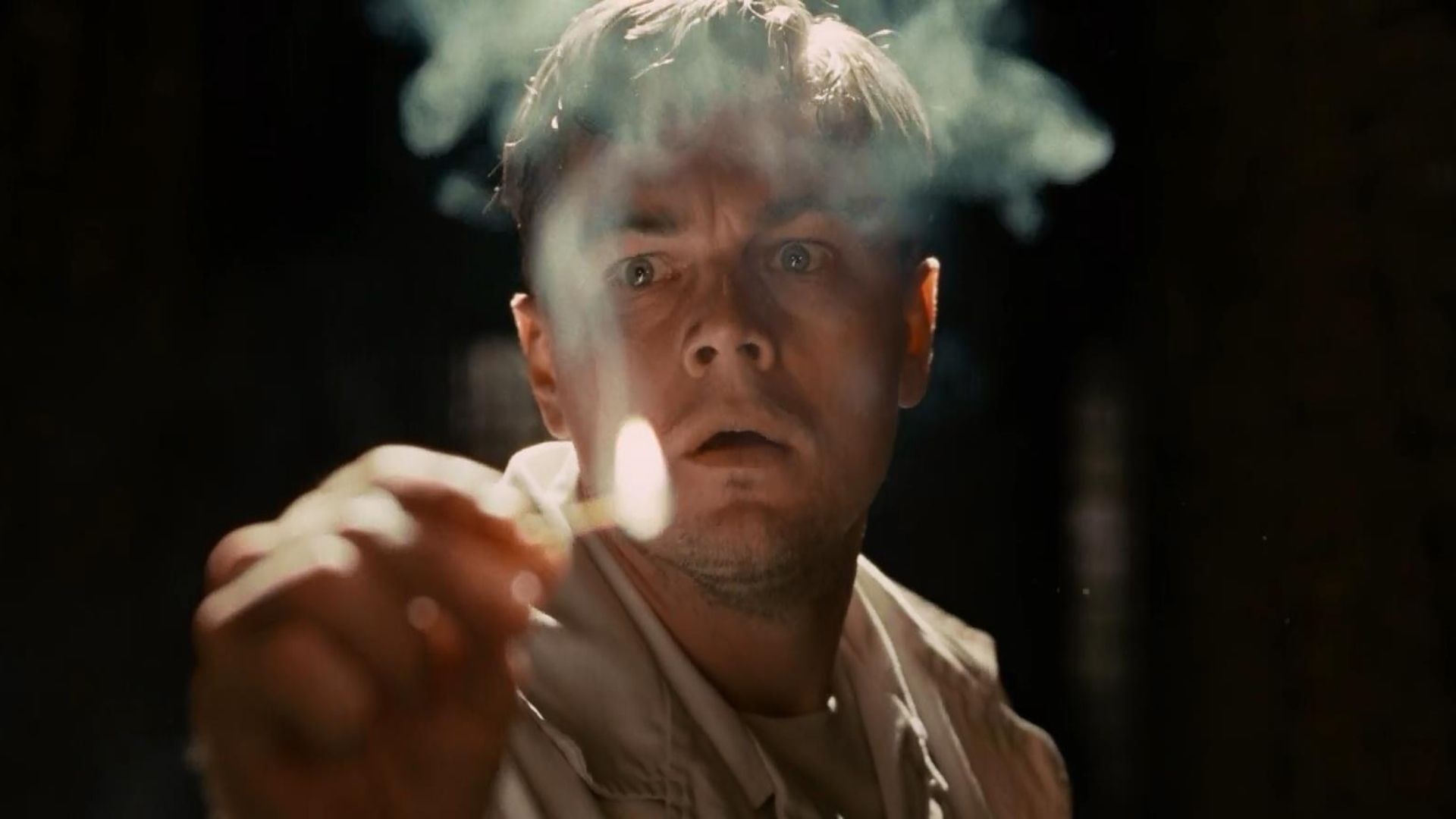
This article offers a complete explanation of the ending of Shutter Island. Be warned: spoilers are ahead! The film’s final line – “Which would be worse: to live as a monster, or to die as a good man?” – continues to be discussed by movie fans online and in person. Over a decade after its release, Martin Scorsese’s psychological thriller remains a particularly unsettling film, and features one of Leonardo DiCaprio’s most powerful performances.
I still think about Shutter Island all the time, even though it came out years ago! It’s not really a whodunit, though—it’s more of a deep dive into someone’s mind. The more you watch, the harder it is to know what’s actually happening. It starts with U.S. Marshal Teddy Daniels going to a hospital to find a patient who’s disappeared, but soon the whole island feels…off. It’s like dreams and memories are mixing together, the evidence doesn’t add up, and you start to wonder if there is a real truth to be found.
As a huge movie fan, I’ve always been fascinated by the ending of Shutter Island. Let’s really dig into what it all means, explore the complex ways Teddy Daniels’ mind comes apart, and figure out why this twisty thriller remains one of Scorsese’s most compelling films to revisit again and again.
The Ending of ‘Shutter Island’

Paramount Pictures
In the final scene, Andrew and Dr. Sheehan share a cigarette on some steps. Andrew has just learned a shocking truth: his entire identity as US Marshal Edward “Teddy” Daniels was a fabrication, a way to cope with the fact that he had killed his wife. Essentially, he’s come to understand his true self. Crucially, Dr. Cawley reveals that he himself once realized the truth, but later slipped back into his delusion, becoming “Teddy” and restarting the investigation.
Dr. Cawley believes that if their current attempt doesn’t work, Andrew will undergo a lobotomy. While Andrew and Sheehan converse, Dr. Cawley watches them carefully. As they talk, Sheehan begins to suspect Andrew has reverted to his imagined identity as ‘Teddy.’ Andrew continues to speak and act as if he’s a detective solving the mystery of Shutter Island, and Sheehan discreetly alerts Dr. Cawley that the therapy isn’t having the desired effect.
Which would be worse: to live as a monster, or to die as a good man?
Cawley goes to get the men who will perform a lobotomy on Andrew. Before they arrive, Andrew reveals a crucial reason why the main character keeps reliving this imagined scenario – he asks that famous question of Sheehan, finishes his cigarette, and then is led away for the procedure.
Why Is the Ending of ‘Shutter Island’ So Effective?

Paramount Pictures
The endings of both Shutter Island and Inception work well because they wrap up the story while still leaving viewers with a lingering question. This unresolved element connects back to the central ideas explored in each film.
The movie Inception ends with a big question: is what we’re seeing actually real, or is it another dream? This is shown through Dom Cobb spinning his totem, a top. In the dream world, the top would spin forever, but in reality, it would eventually fall. The movie focuses on this idea of what’s real and what isn’t, and it’s a theme that tragically affected Cobb’s wife, who took her own life believing her reality wasn’t real, hoping it would finally wake her up.
Before we even get to the big mystery of Shutter Island, I have to say the acting is incredible, especially Leonardo DiCaprio. Mark Ruffalo’s little nod to Ben Kingsley’s character spoke volumes without him saying a thing, and Kingsley himself perfectly showed the pain of things not working out. But DiCaprio? He completely blew me away as a man losing his grip on what’s real. Even at the very end, you’re not entirely sure what Andrew is thinking, and DiCaprio plays that uncertainty so well – it feels like that’s exactly what the filmmakers wanted.
Leonardo DiCaprio is known for taking on challenging and detailed roles, but his performance as Andrew Laeddis was particularly demanding. The role pushed him beyond his usual boundaries, requiring a deep dive into the psychological effects of trauma and blurring the line between what was real and imagined. Even for such a talented actor, it was a significant challenge.
Looking closely at Leonardo DiCaprio’s performance in the final scenes of Shutter Island—particularly how he portrays the blurring of reality and fantasy, and the ambiguity of whether his character, Andrew, understands what’s happening—reveals his consistent commitment to fully realizing his roles.
What Does the Ending of ‘Shutter Island’ Mean?

Paramount Pictures
The ending of Shutter Island is open to interpretation. One possibility is that Andrew Laeddis has fallen back into his delusional state, as Dr. Cawley predicted. This would explain why he’s being lobotomized, and emphasize the sad reality of someone unable to confront their past.
The second way to understand the ending is more complex. It centers around the question Andrew poses at the film’s conclusion: is it better to live a monstrous life or die with your integrity intact? One possible explanation is that, trapped between reality and fantasy, the only way for him to find peace was to take control and make a final, deliberate choice: to die a good man. He appears to have fleeting moments of clarity, where he recognizes his situation and the suffering it causes.
Ultimately, Shutter Island is about Andrew Laeddis creating a false reality where he isn’t responsible for his wife’s death and finds purpose in seeking justice for her, rather than facing his guilt. His final question to Sheehan isn’t a passive acceptance of this delusion, but an active choice to live as if he were a good man who died a hero. However, the film is open to many different interpretations, and viewers may draw their own conclusions.
What Is the Psychology Behind the Ending of ‘Shutter Island’?

Paramount Pictures
Given that the film focuses on a doctor-patient relationship, it’s understandable to analyze the ending through a psychological lens. The story becomes particularly heartbreaking when Andrew kills his wife after losing their three children due to her unaddressed mental health issues. Such a devastating experience could easily lead someone to need psychiatric care. However, everyone processes trauma differently; some might turn to drugs or alcohol, while others might seek out dangerous activities, hoping to numb their pain and guilt with an adrenaline rush.
All of these behaviors stem from a single source: a way to avoid facing a painful truth. Teddy, however, took this avoidance to an extreme. The story subtly reveals a psychological explanation for his actions without directly stating it. His intense persona as a detective wasn’t a genuine part of himself, but rather a symptom of a dissociative disorder caused by unresolved trauma. Essentially, he created a completely false identity – one he saw as the opposite of the person he’d become and disliked – as a way to deal with the immense guilt and pain of losing his family.
The ending of Shutter Island raises questions about real cases where convicted murderers experience a disconnect from reality. The film explores how incredibly intense pain can profoundly impact a person’s mental state. This disconnection, as seen in the character of Andrew, can act as a defense mechanism – a way to cope with terrible actions or overwhelming emotional distress that feels unbearable.
The Ending of ‘Shutter Island,’ Explained

Paramount Pictures
The ending is particularly powerful because it cleverly reveals Andrew’s inner struggles. It demonstrates that his way of coping with trauma is to disconnect from reality and distance himself from his painful memories – memories that haunt him and define his monstrous behavior. Essentially, this detachment is a response to lingering emotional and mental trauma.
This tragic ending suggests that Andrew’s inability to confront his guilt led him to escape into a different reality, avoiding his painful experiences. The story implies that without directly addressing trauma, a cycle of mental illness will continue. A glimmer of hope appears when Andrew briefly acknowledges to Sheehan that he actively chooses to believe in his delusions.
The ending isn’t a simple yes or no answer. While Andrew may largely be living in a delusion, his statement about dying a good man feels like a genuine moment of lucidity. What makes this kind of ending powerful is its ambiguity – you’re never completely certain what’s real. The character, Laeddis, finds a kind of resolution, even if the audience doesn’t. We know he’s going to undergo a lobotomy, but it’s unclear how much control he has over his own mental state.
The ending is open to interpretation, but it’s clearly intentional and well-made. It leaves you thinking about the movie’s themes and raises interesting questions long after it’s over. If you haven’t seen it, it’s worth watching to form your own conclusions.
Read More
- Deathstroke Takes On An Epic Sci-Fi Villain In This Brutal Crossover Event
- Серебро прогноз
- 10 Best Horror Shorts on YouTube for a Quick Scare
- Евро обгонит швейцарский франк? Эксперты раскрыли неожиданный сценарий
- Доллар обгонит бразильский реал? Эксперты раскрыли неожиданный сценарий
- Доллар обгонит гривну? Эксперты раскрыли неожиданный сценарий
- ЯТЭК акции прогноз. Цена акций YAKG
- To Be Hero X Episode 24 Release Date, Time, Where to Watch
- The Summer Hikaru Died Season 1 Episode 12 Release Date, Time, Where to Watch
- Bari Weiss Ousts “Activist Wing” of CBS News: Fires Standards Chief in First Major Move as Editor-in-Chief
2025-11-06 08:05